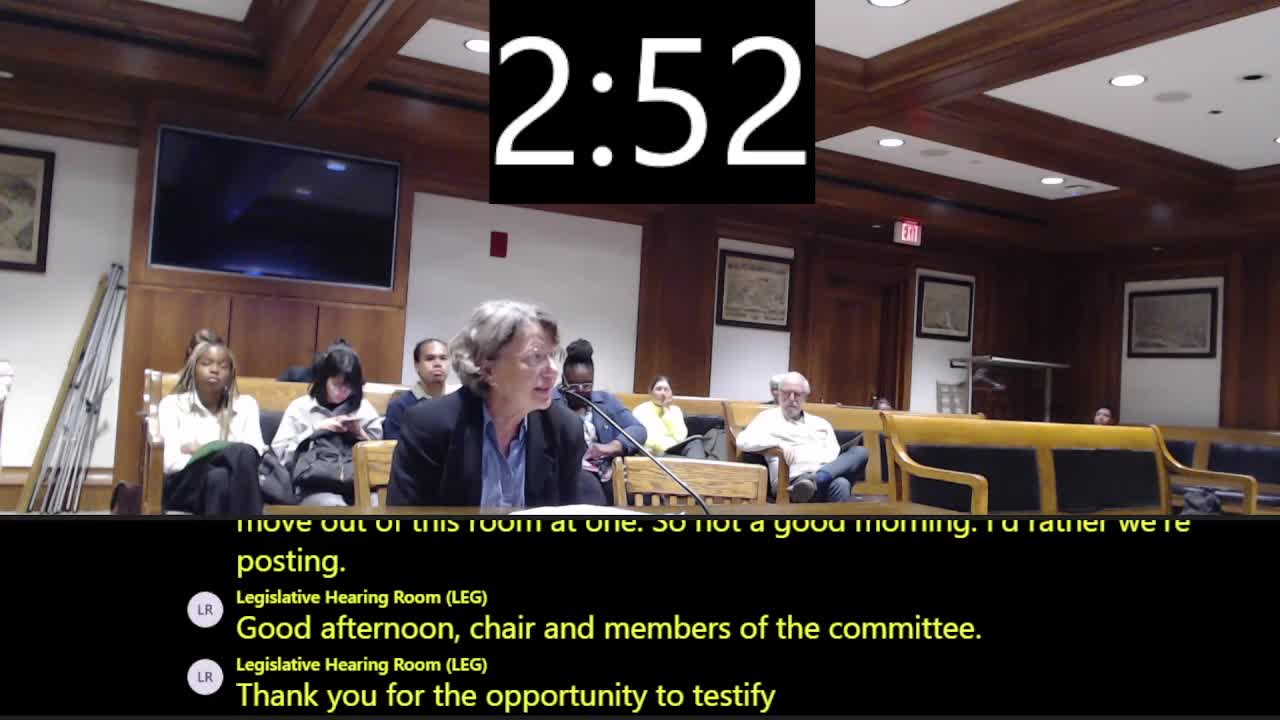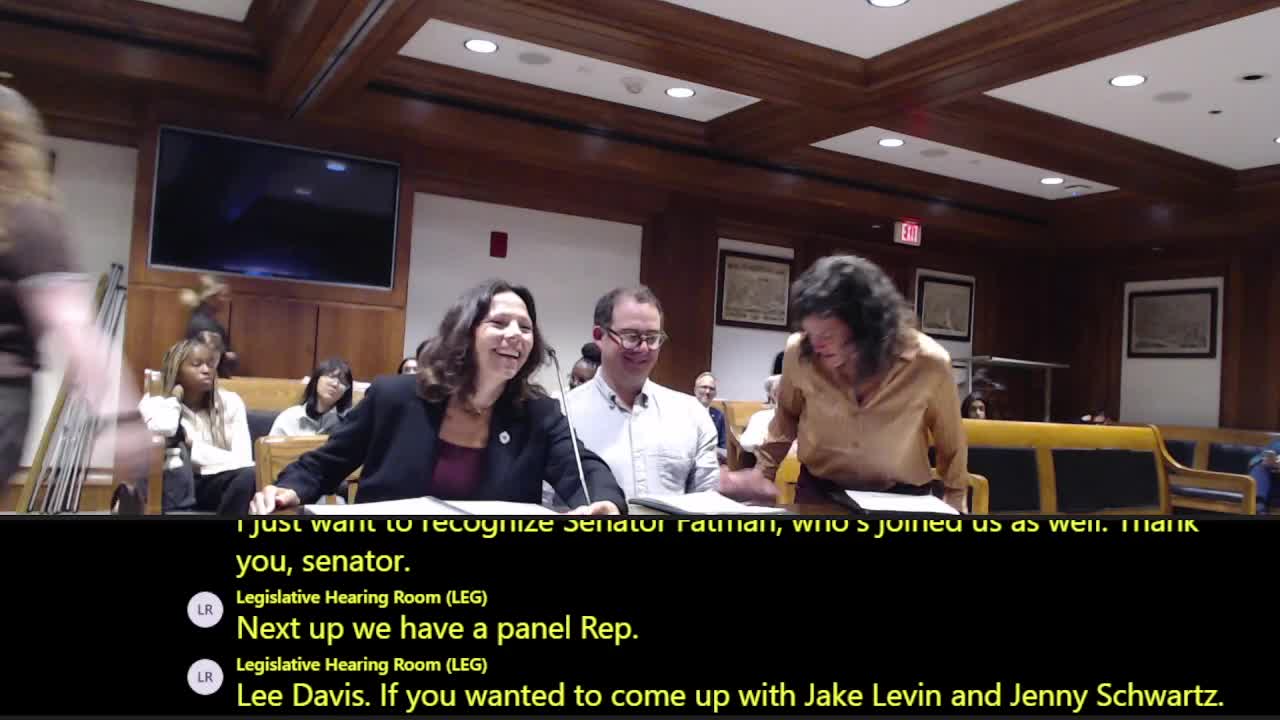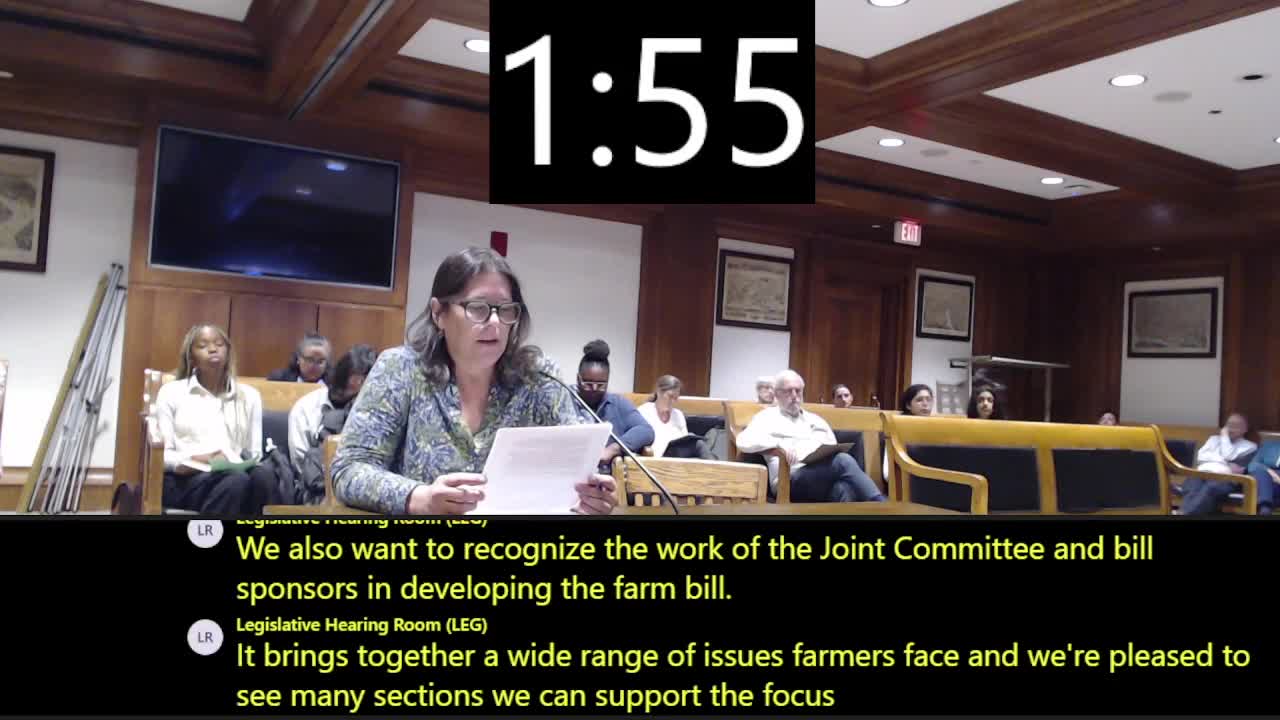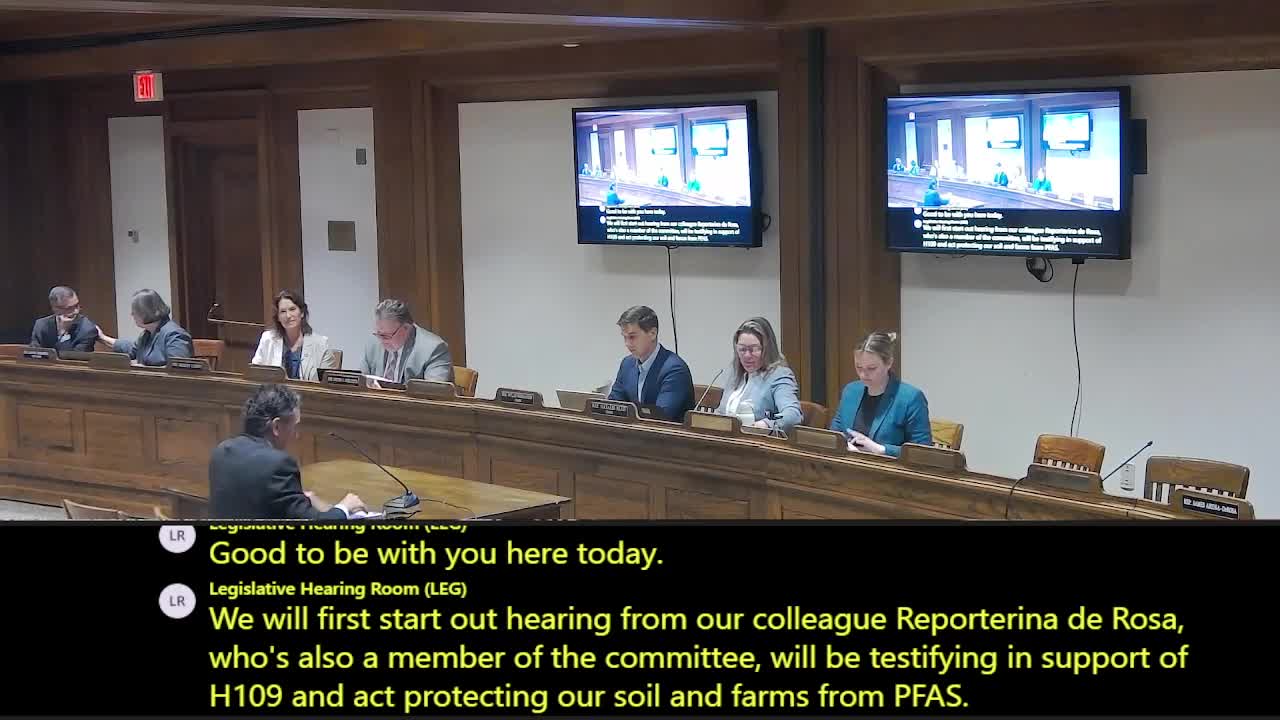Article not found
This article is no longer available. But don't worry—we've gathered other articles that discuss the same topic.

Nantucket seeks temporary authority to refine local fertilizer rules to protect harbor water quality

Berkshire pilot bill seeks to connect farms with schools, hospitals and corrections to boost farmer revenues

Advocates urge funding to convert vacant lots into urban farms, citing food access and community benefits

Joint committee hears support for broad Farm Bill to shore up farmland, markets and workforce

